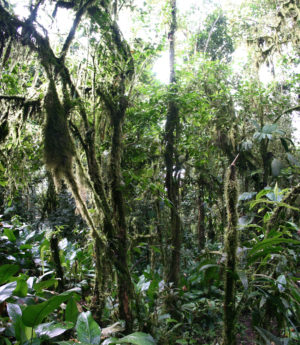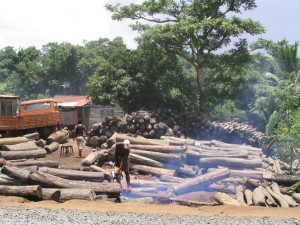Ripple Africa & Their Fight Against Deforestation
Watch how they are combating deforestation & see how you can lend a hand.
 Image: Ripple Africa
Image: Ripple Africa In September the world will come together in New York to decide on the Sustainable Development Goals. These will help direct the global effort towards sustainability. Forests are mentioned in only one draft – the one on environment – yet they contribute to almost all of them.
RIPPLE Africa are trying to put forests in the frame and have entered a video competition to tell the world how forests fit into the bigger picture.
Please help us by watching this 2 minute video “Forests can live without people, but people can’t live without forests” and leaving a comment by clicking on the link on the video.
Malawi’s population has more than doubled in the last 30 years – from 6 million to over 16 million people – and forecasts from Malawi’s National Statistical Office indicate that it could reach more than 22 million by 2023.
The Problem
In Malawi today an area of forest larger than a football pitch is destroyed every 10 minutes and there are few forested areas remaining in the country. The highest rate of deforestation is in the north. A very small percentage of the country’s deforestation is happening at an industrial level; most is happening at household level due to the clearing of land for subsistence farming and a heavy reliance on wood for cooking.
The Solution
We have worked with the Forestry Department and District Commissioner to introduce new local bylaws protecting areas of remaining forests. We have helped local communities to set up Forest Conservation Committees to ensure that the bylaws are observed and offenders are prosecuted. Through these, local people learn about the environmental impact of their activities and take ownership of the protection of their area.
Achievements
A 130 km square kilometre area of Kandoli Forest is now protected from deforestation and we have 80 Forest Conservation Committees in place who are passionately protecting the forests near their villages. Those living near Kandoli Forest are the main beneficiaries of the project as we are preserving indigenous trees for future generations and preventing soil erosion and silting up of the lake.
We have established tree planting clubs in villages and schools so that local people learn how to grow and care for trees and understand the importance of conserving them.
For more information on the work of RIPPLE Africa, please visit www.rippleafrica.org





One Comment
Hello, I work in fire management/fire prevention within the US. I help to support fire trainings in Malawi and love the great work you have done to support fire prevention. I would like to learn more about your bylaws for fire trespass and wonder if you could share those bylaws with me? thank you for the consideration!